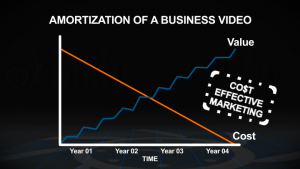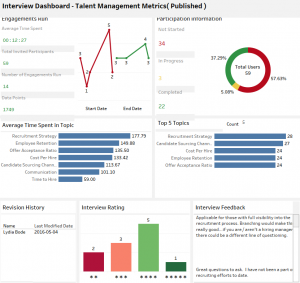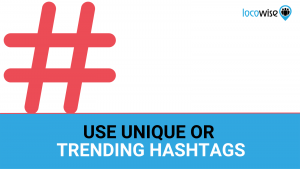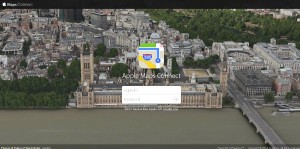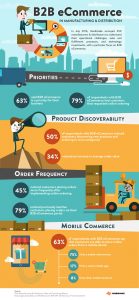— April 6, 2019
The reality of today’s job market is, whether you’re a CFO or a mid-level professional, you’re lucky to get a 10-second skim read the first time a recruiter finds you on LinkedIn or scans your resume. Consequently, whether you hire an executive resume writer or approach the writing DIY, you have to showcase your value at lightning speed.
For many C-Suite, Executive and seasoned professionals, the process of boiling down decades of experience into something that can be skim read can be frustrating, overwhelming and intimidating.
As a result, their resume and LinkedIn are dense with too much information that outlines all aspects of their job description peppered with a handful of achievements. Unfortunately, this approach yields documents tough to digest quickly and that don’t easily convey how you are ideally suited for the role.
The Vacation Research Analogy
I liken today’s resume reading to selecting a vacation property. When choosing how to spend a week of precious R&R – do you look for the number of hotel rooms available, the location of the fire exit and the list of all the menu items included in room service? Hardly.
Ultimately, you look at the big picture. Does the destination have the amenities you enjoy? Do lodgings meet your standards? Is the resort in appealing surroundings? If the print or online brochure ticks the right boxes, you’re likely to make the resort a serious contender.
FOOD FOR THOUGHT: Vacation research is akin to resume and LinkedIn reading. In both, the big picture, and not the fine print, is what makes you give it serious thought after an initial review.
Transforming Your Career Blueprint into a Big Picture Brochure
Translating the big picture to a resume and your LinkedIn means focusing on your achievements. As such, if you’re in sales, work for a company that tracks your stats and had a banner year, outlining the big picture is fairly easy. Show your stats and rankings and voila! You have an achievement-focused resume that shows the reader how you can help them.
FOOD FOR THOUGHT: If you work directing teams that span operations, marketing, administration, HR or perhaps finance – you must dig deeper as results are often hidden in plain sight.
Quantifying for The Big Picture
#1 What Makes Me Proud?
When and if you walk out the door, which of your achievements make you the proudest? Nine times out of ten, I recommend you lead with your response.
Did you stop your organization from losing money, get the same amount done with fewer people or build a strong network across an organization? Maybe you developed your team to the point where they operate exceptionally well without you?
These are all noteworthy achievements that give the reader a sense of how you can make a difference in your next role.
#2 Did I Save Money?
Saving money is often just as important as bringing money to the table.
If you negotiated discounts, identified financial discrepancies or reworked a process so that less money is spent – you can articulate the achievement by calculating the savings in either dollar figures or percentages.
#3 Did I Save Time?
Time savings is a huge value-add to companies looking to increase their operational efficiency.
Did you rework a process that used to take days and now takes hours? Did you introduce a new methodology or bring automation to a team or process that shaves hours off a task? Spell these out to quantify the savings.
#4 Are People Happier Because of Me?
When morale is suffering and retention levels are on the decline, readers will take note if your talent lies in transforming a culture or retaining clients, customers or employees.
Take a stab at quantifying happiness by seeing how many people or customers stayed, or look at satisfaction scores if available and see if there is a measurable uptick.
If you can somehow measure morale or customer satisfaction, you’ve got a quantifiable achievement worth putting down on your resume.
#5 Did I Contribute to Improving my Company’s Circumstances
It may be hard to determine the impact of your individual contribution to the company on a large scale. Take a look at your company’s growth (revenue, market share, associate) during your tenure. Did your company survive where competition failed or did it stem the bleeding?
Noting your part of the team effort that contributed to the achievement will show your role in the big picture.
A Brochure Frame of Mind
As an Executive Resume Writer, these questions are the types I ask my clients during our 90-minute resume branding strategy consult. Ask them of yourself! It’s a great way to help you craft career documents that read like a marketing brochure.
My clients are often surprised and pleased at what their answers uncover – no doubt you will be too!
Previously appeared on Forbes.com
Business & Finance Articles on Business 2 Community
(104)
Report Post